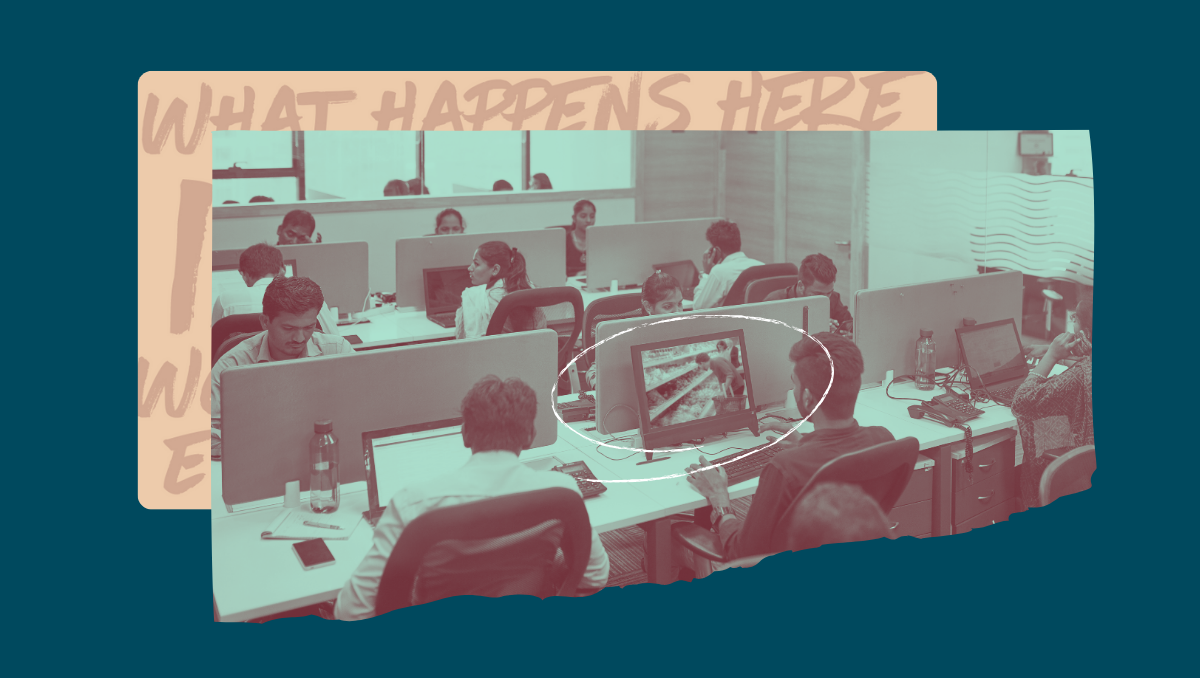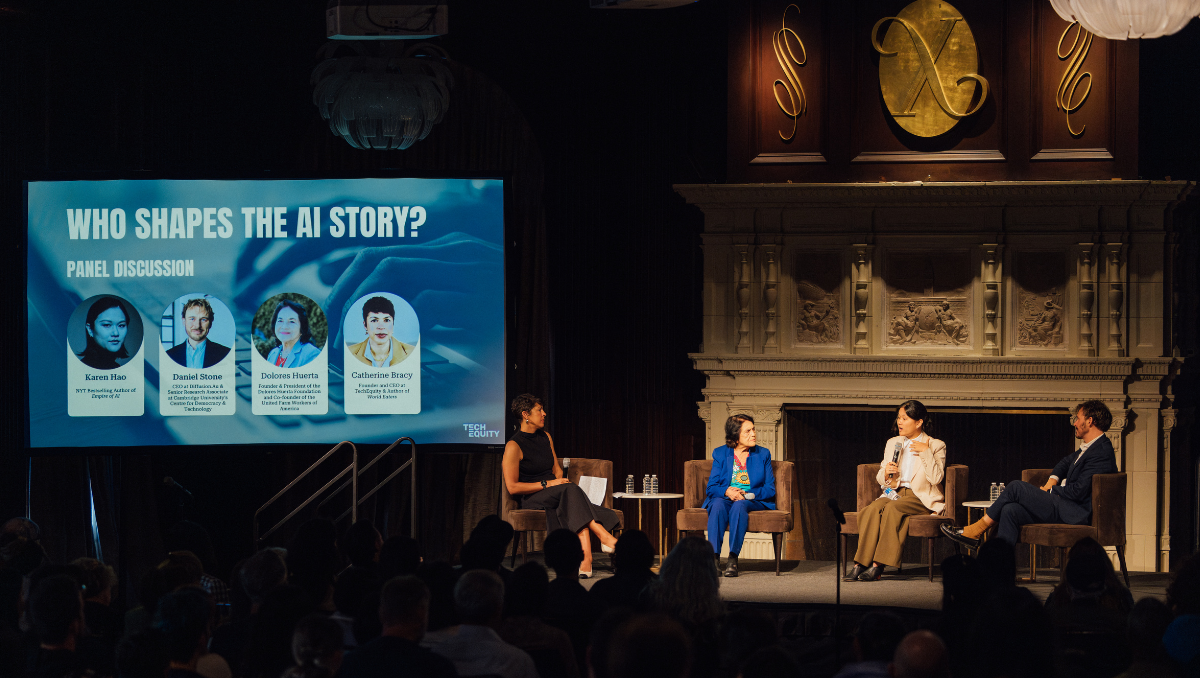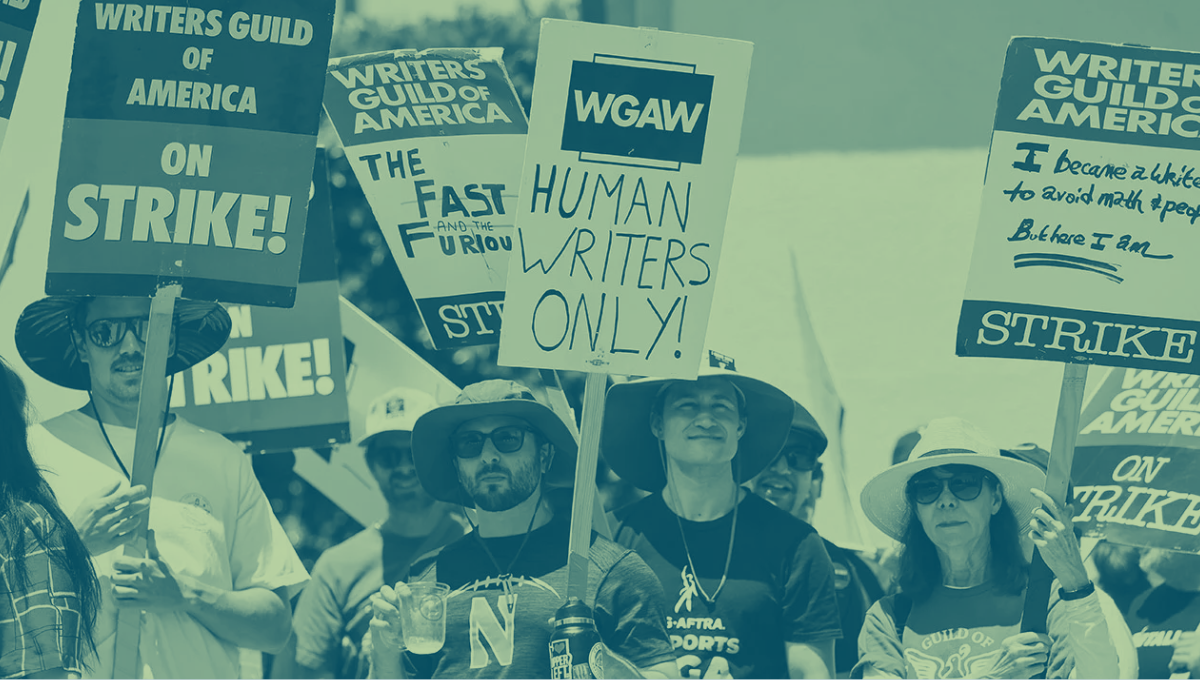Beyond our borders – a global approach to contract work

In Amazon’s ‘Just Walk Out’ stores, sensors and deep learning were supposed to dispense with the need for employees and even self-checkout machines. Behind the seeming automation, however, were a thousand contract workers in India who watched videos of customers and reviewed transactions to train the machine learning algorithm. Silicon Valley’s AI boom would not be possible without contract workers training AI models in the US and across the Global South.
And yet, these workers remain vulnerable to poor pay and traumatizing working conditions, as well as abrupt dismissal with little or no recourse, as a recent open letter from Kenyan tech workers showed. At TechEquity, we see the connections between vulnerable workers in California and around the world as central to our mission of ensuring that tech’s evolution benefits everyone.
Global AI supply chains
Through globalization, everything from the production of cars and clothes to agriculture and IT has become distributed across the world. Outsourcing parts of the production process to leverage cheap labor costs and poor regulation in the Global South is nothing new. AI supply chains follow these well-established pathways, with one key difference—data workers who do the real work behind the scenes often remain invisible at home and around the world.
Disparities in contract work
Our research on the Contract Worker Disparity Project demonstrated that contract workers are paid less, receive fewer benefits, and are disproportionately women, non-binary, and people of color in comparison to their directly-employed peers. These same workers are also most likely to be training AI models and are most vulnerable to being replaced by these models once they are functional or when companies realize that the technologies are not viable. Workers we interviewed in California have shared their experience with the global expansion of remote work and the significantly lower wages that companies pay workers in the Global South.
Impact beyond our borders
We believe it is necessary to hold California-based tech companies accountable for the conditions under which they employ workers throughout the AI supply chain. Laws drafted in California, especially for the regulation of tech companies, are known to have far-reaching impacts. These rules determine the limits within which companies can operate and instate necessary guardrails to protect workers.
By leveraging our expertise at the intersection of tech and public policy and developing partnerships with organizations in communities impacted by technology around the world, we are well positioned to work collaboratively to improve conditions for workers across the global labor force.
Where we’re going
To ensure that we act in solidarity with workers around the world, we will:
- Build relationships with experts and organizations with deep experience of work and technology in the Global South.
- Learn from other industries where workers have built global solidarity spanning supply chains.
- Map the global AI supply chain and see how it connects workers in California to those around the world.
- Hear stories from data workers here and abroad to understand what issues matter the most to them following our principle that the people who are impacted by a technology must have the agency to shape it.
- Align our California policy work to take this new global perspective into account.
- Learn from and build upon the work of our partners, such as the AI Now Institute, Data & Society, and Foxglove.
What you can do
Do you work in this space and want to collaborate with us? We’d love to hear from you; you can get in touch with us here. You can also sign up for our newsletter or follow us on social media to stay up-to-date with info and action items.





